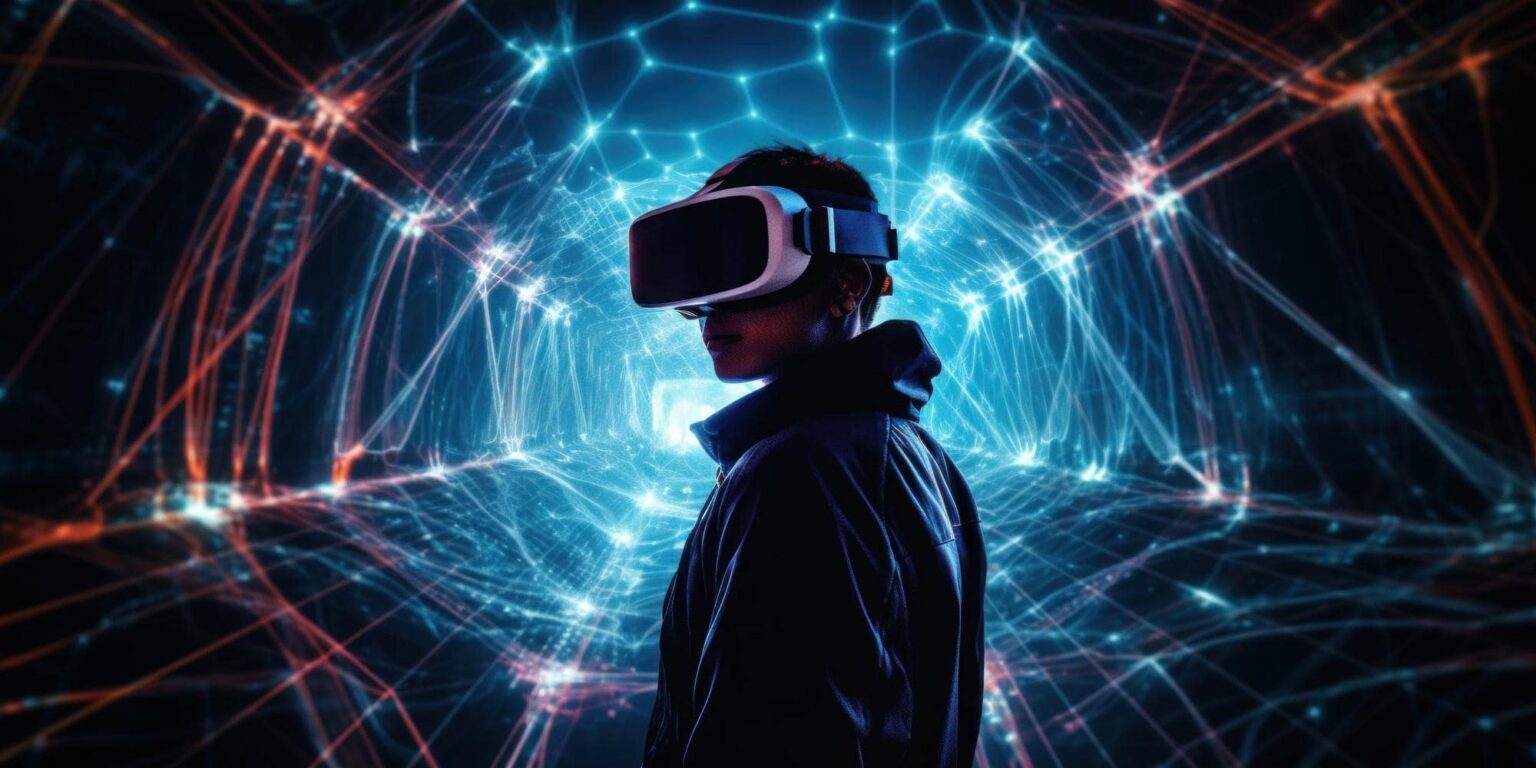The future of Augmented Reality (AR) and Virtual Reality (VR) holds tremendous potential to revolutionize the way we perceive and interact with the world around us. These technologies are advancing rapidly, and they are expected to have a significant impact across various industries and aspects of our lives.
- Enhanced User Experiences: AR and VR have the ability to create highly immersive and interactive experiences. In the future, we can expect to see more sophisticated and realistic virtual environments, whether it’s for gaming, entertainment, or training simulations. Users will be able to engage with digital content in a more natural and intuitive manner, blurring the line between the real and virtual worlds.
- Personalized Applications: As AR and VR technologies become more accessible, there will be a surge in personalized applications. These technologies will adapt to individual preferences, offering tailored experiences based on user behavior and interests. This personalization will extend to various domains, such as education, healthcare, and retail, providing customized learning, medical treatments, and shopping experiences.
- Remote Collaboration and Communication: AR and VR will reshape the way we collaborate and communicate remotely. Virtual meetings and conferences will become more immersive, allowing participants to feel as if they are physically present in the same room. This will enhance remote collaboration, enabling teams from different locations to work together seamlessly, leading to increased productivity and efficiency.
- Healthcare Advancements: AR and VR have immense potential in healthcare. Surgeons can use AR overlays during operations, providing real-time information and enhancing precision. Medical training can be greatly improved with virtual simulations, allowing students to practice in a risk-free environment. VR can also be used for therapy and pain management, offering immersive and therapeutic experiences for patients.
- AR in Everyday Life: As AR technology becomes more integrated into everyday devices, we can expect to see a wide range of applications. From smart glasses and heads-up displays in vehicles to AR-enabled smartphones and wearable devices, the digital and physical worlds will converge seamlessly. AR will provide real-time information, contextually relevant data, and immersive experiences in various aspects of our daily lives.
- Education and Training: AR and VR have the potential to transform education and training methodologies. Immersive virtual environments can enhance learning experiences, making complex subjects more engaging and interactive. Students can explore historical events, travel to different parts of the world, or interact with virtual objects, bringing learning to life. Similarly, VR-based simulations will allow professionals to undergo realistic training scenarios, improving their skills and reducing the risk associated with certain occupations.
- Architectural and Design Visualization: AR and VR will revolutionize the architectural and design industries. Architects and designers can use these technologies to create virtual walkthroughs of buildings and environments, allowing clients to experience spaces before they are constructed. This will facilitate better decision-making, improved design iterations, and enhanced collaboration among stakeholders.
- Entertainment and Gaming: The entertainment and gaming industries will continue to benefit from AR and VR advancements. Immersive VR gaming experiences will become more realistic and socially connected. AR will enable interactive and location-based gaming experiences, integrating virtual elements into the real world. This convergence of gaming and reality will offer new avenues for entertainment and social interaction.
- Enhanced Data Visualization: AR and VR can revolutionize the way we visualize data. Instead of traditional charts and graphs, users can interact with three-dimensional visualizations, providing a deeper understanding of complex information. This will have implications in various fields, such as data analytics, scientific research, and decision-making processes.
- Ethical and Social Considerations: As AR and VR technologies continue to evolve, it is important to consider the ethical and social implications they bring. Privacy concerns, security risks, and potential addiction to immersive experiences are some of the challenges that need to be addressed. Additionally, ensuring equitable access to these technologies will be crucial



